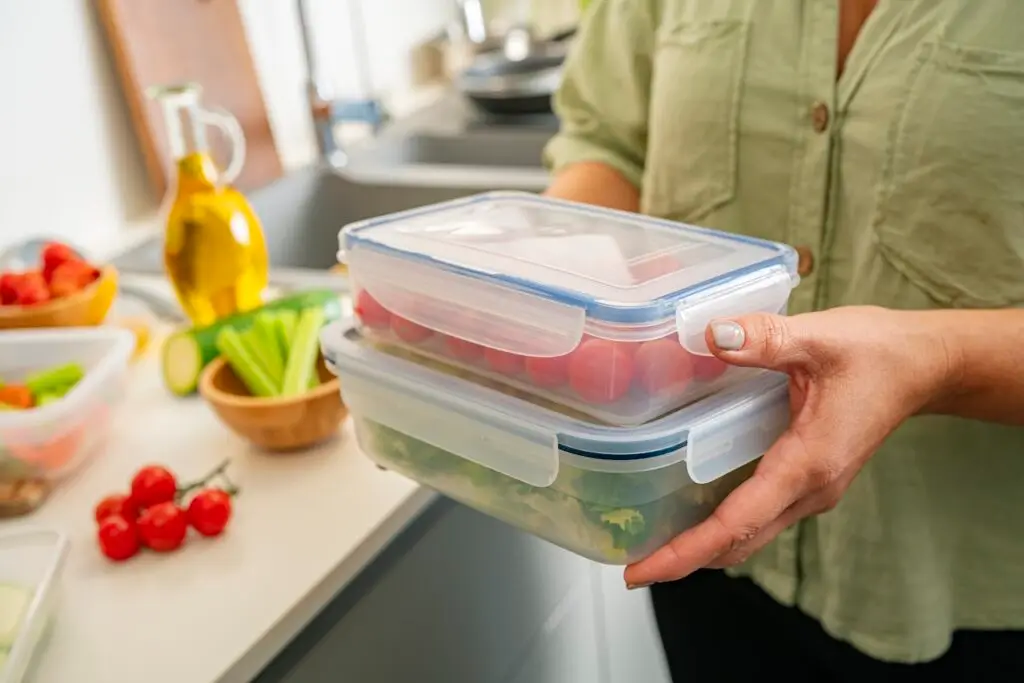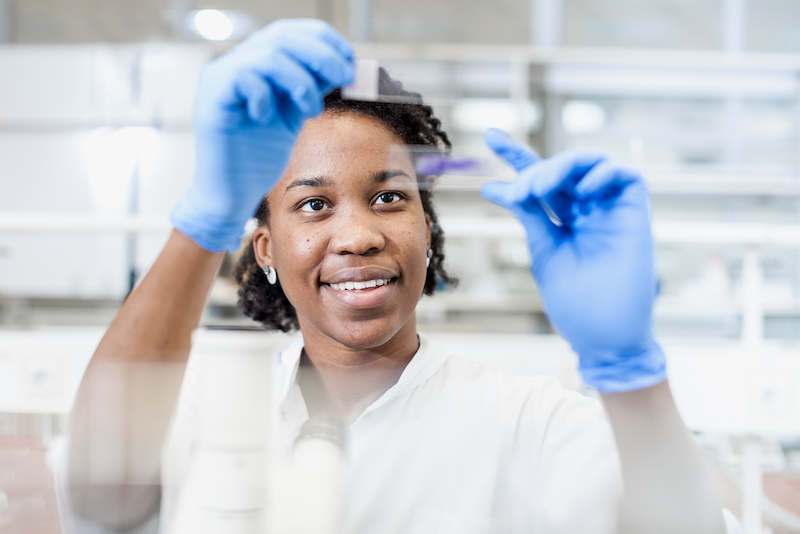Whether you’re going through cancer treatment or managing life as a cancer survivor, it’s important to understand how things in your environment can affect both your cancer diagnosis and overall health. While it’s unrealistic to eliminate every single chemical you come in contact with, reducing your exposure to endocrine-disrupting chemicals (EDCs) is a good start.
What are EDCs and how can they affect your health?
Your endocrine system produces hormones to regulate body functions including metabolism, growth and development, sexual function, heart rate, blood pressure, appetite, sleep patterns, and more. EDCs are chemical compounds that can interfere with your endocrine system and disrupt the way your body communicates internally. They can be found in various sources including foods, plastic and metal containers, pesticides, personal care products like cosmetics and shampoos, and other products that may be part of your everyday household.
EDCs and cancer
Although the direct connection between EDCs and cancer remains unclear, there’s data linking increased cancer risk and exposure to EDCs. In particular, exposure to EDCs in early life can heighten the risk of cancer later in life. While a majority of studies tend to focus on specific chemicals, there is mounting research suggesting that overall exposure may be a greater concern.
While direct evidence of EDCs interfering with hormone therapies like tamoxifen for ER+ breast cancer or androgen deprivation therapy for prostate cancer is still emerging, these chemicals can interact with estrogen and androgen receptors—the key targets of these treatments. If you’re undergoing hormone therapy, talk to your healthcare team about potential concerns and ways to reduce exposure to EDCs.
How to lower exposure
Worrying about EDCs on top of a cancer diagnosis can be overwhelming, but there are small changes you can implement immediately to reduce your risk of harm from these chemicals.
- Try to avoid plastics: Choose glass containers, metal water bottles, and wax/parchment paper instead of plastic wrap and tupperware.
- Skip fragrances: Forgo not just the perfume but try to use household cleaners that are labeled fragrance-free on the container.
- Avoid pesticides: Thoroughly wash fruit and veggies and avoid any chemicals related to pest control in your home.
- Replace your cookware: Swap out your old non-stick pans for ceramic or steel pans.
It’s unrealistic to remove all chemicals from your life, but taking the extra time to read labels and pick out alternative products when possible makes a difference. If you’re not sure how to start, try focusing on an area of your life that you think would be easiest to reduce your exposure whether it be your food, cleaning products, cosmetics/hygiene products, or even clothing. For any questions about EDCs and the products you currently use, please consult your doctor.
As a reminder, you can connect with an Outcomes4Me oncology nurse practitioner at no charge through the Outcomes4Me app, using the “Ask Outcomes4Me” button.
Personalized support for real care decisions
Understand your diagnosis, explore clinical trials, and track symptoms--all in one place.
Get started
Compare treatments, prepare for appointments, and track side effects—all in the app
Built for your diagnosis, Outcomes4Me gives you the tools to make confident, informed decisions—right when you need them.
Continue in app






